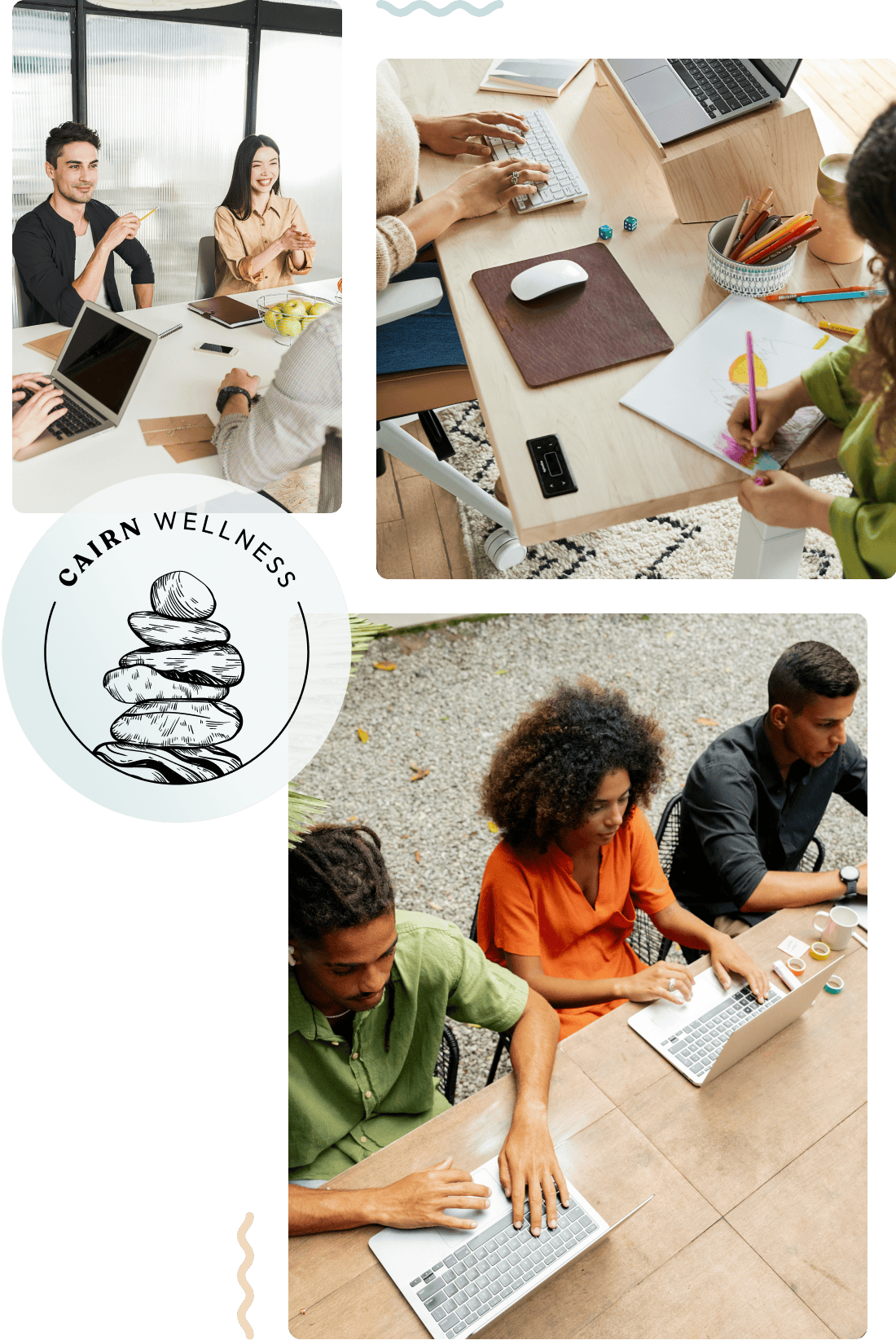Confidence is a coaching topic that comes up often; folks share how they’ve had confidence, something happens, and then they’ve lost it. They want support to find it again. Or they’ve been promoted and feel vulnerable in their new role. I often hear, “once I have more time in the role, I’m sure I’ll lead with more confidence.” Or, “I’m sure I’ll develop confidence along the way, once I prove myself.”
In those situations, confidence is tied to and dependent on external circumstances and validation. This is problematic because it suggests that confidence is something you “get” rather than something you choose and embody. It positions confidence as a passive state that is dependent on circumstances, rather than an active and dynamic way of being.
From an ontological perspective, this situation, where someone has had confidence, lost it, or feels vulnerable can be seen as simply a shift in their way of being. Confidence isn’t a static trait but a dynamic state that’s shaped by language, emotion, and body. Consider this:
Language: Shifting Self-Talk and Identity
When you lose confidence or feel vulnerable in a new role, language plays a major role. Often, you may internalize limiting beliefs or self-talk, such as “I’m not ready for this,” “I don’t deserve this promotion,” or “I’m going to fail.” The language you use (both internally and externally) shapes your sense of self and your actions.
- Your work here is to explore the stories you’re telling yourself and the interpretations you have about your new role. Often, it’s about reframing these stories to open up new possibilities. For example, instead of “I’m not qualified for this role,” you could reframe it as “I’m in a position to learn and grow.”
Emotion: Unacknowledged Fears and Insecurities
From an ontological standpoint, emotions are not just reactions, they are part of the body’s way of being. When you feel vulnerable, you’re likely experiencing fear or self-doubt.
- The emotions around losing confidence often stem from fear of failure, fear of judgment, or fear of being exposed as inadequate. When a promotion brings vulnerability, it’s often tied to the fear of not being “enough” in a new, more visible role.
- Acknowledge and witness these emotions, rather than resist them. By facing these emotions as part of the human experience, you’ll be able to shift from being controlled by fear to leading with courage. Vulnerability, when embraced, is a powerful tool for authentic leadership.
Body: How We Carry Our Presence
Your body is often the most immediate reflection of a shift in confidence. What might we notice about your body when you lose confidence? Do you physically shrink? Is your posture slumped? Do you disengage from eye contact? Are your movements hesitant? Conversely, when you feel confident, what might I observe? Do you carry yourself with strong posture, open gestures, and a calm presence?
- Your body doesn’t just respond to emotions — it shapes how emotions are experienced. If you’re promoted into a leadership role, your body language will shift in response to the new demands and responsibilities. Embodying confidence through physical practices (like posture exercises, breathing techniques, or even confident poses) will help anchor the internal state described as confidence.
The Role of the New Identity
Being promoted requires a shift in identity. Your relationship to yourself and the world has changed. Perhaps you are no longer the “employee” but the “leader” now. This new identity might have triggered a sense of imposter syndrome.
- In these moments, explore how you might redefine yourself. Confidence doesn’t come from an external title or position; it comes from a deep sense of being grounded in one’s purpose, values, and ability to respond to challenges.
- Your work here is to create a new narrative that allows you to step into this new role authentically and with empowered vulnerability.
In Summary:
From an ontological perspective, the loss of confidence or feeling vulnerable after promotion isn’t a flaw — it’s a natural process tied to shifting ways of being.





